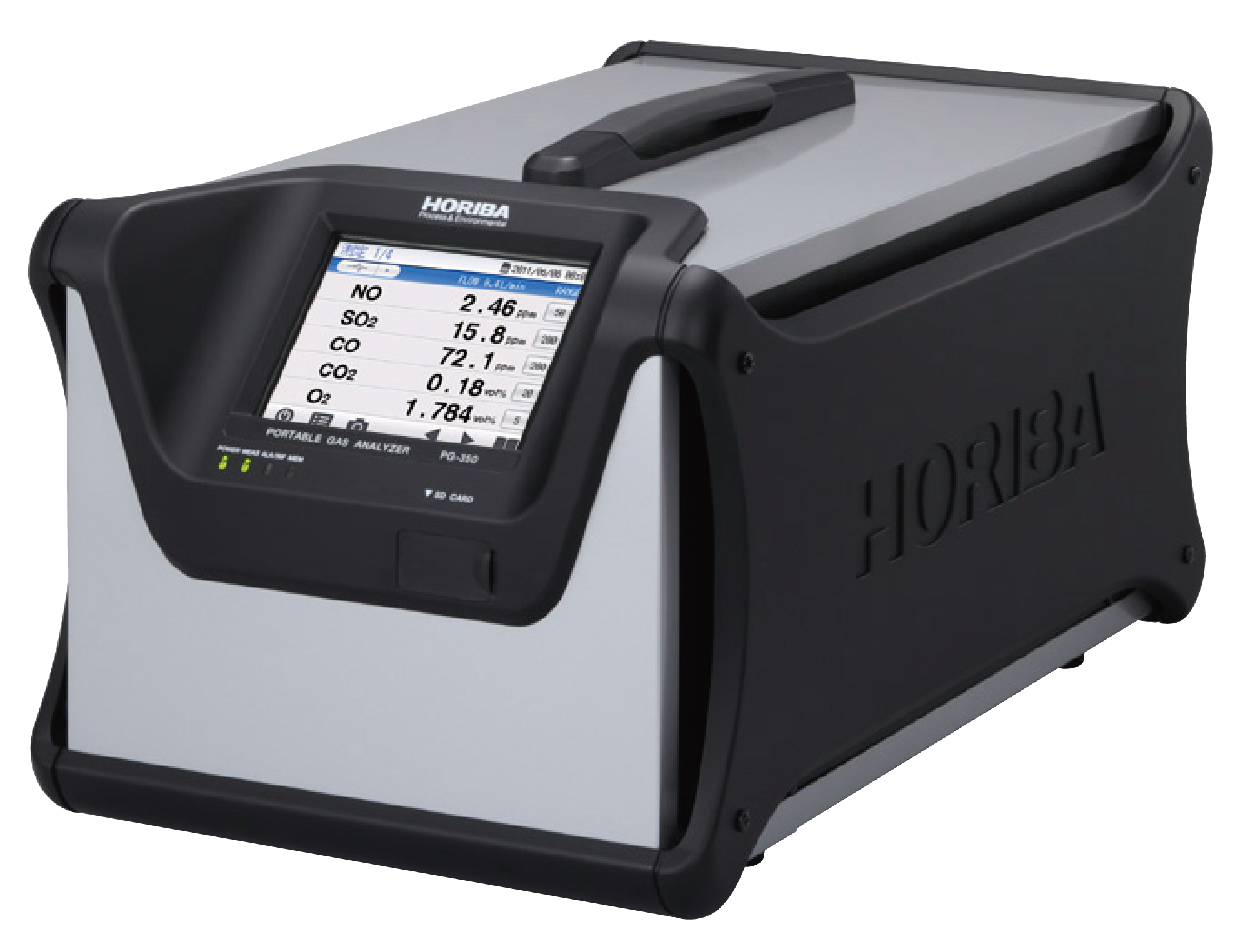Starting with Windows 10, Version 2004 (OS build 19041.488 or higher), two additional identifiers are available for NVMe storage disk drives which support the STOR_RICH_DEVICE_DESCRIPTION structure:
HORIBA Medical welcomes the latest member of the new Yumizen H500 family. As a result of a growing research and development program, HORIBA Medical has recently developed two new products that aim to better meet the needs of today`s clinical laboratories: The Yumizen H500 OT ‘Open Tube’ with flexible sampling to accommodate all sample types, particularly for rapid screening. Download This Registry Cleaner Tool The final step is to clean out the registry of your PC. This is where Windows keeps all the important files, settings & options that it needs to run on your computer, allowing your system to continually operate as smoothly as possible.
SCSIt*v(8)p(40)
Where:
As a global innovation driver in the battery industry and an open system provider in the e-bike market, the BMZ Group is presenting the new performance benchmark. With the BMZ V10 Intube, the engineers at the BMZ development forge have succeeded in bringing a 725Wh integral lithium-ion battery with a stylish look to series production. Download PDF 8280577. The driving recorder inevitably reports to the driver whether or not the event is a hiyari-hatto or an accident. Horiba LA-950 It out performs every other particle size analyzer in every facet: measurement range, speed, precision, ease of use, and software features. A range of accessories allow the user to configure the system for maximum flexibility and performance, optimized for each application.
t* is a device type code of variable length
v(8) is an 8-character vendor identifier
p(40) is a 40-character product identifier
SCSIt*v(8)p(40)r(8)
Where:
t* is a device type code of variable length
v(8) is an 8-character vendor identifier
p(40) is a 40-character product identifier
r(8) is an 8-character revision level value
In versions of Windows prior to Windows 10, Version 2004 (OS build 19041.488 or higher), the device ID format for a small computer system interface (SCSI) device is as follows:
SCSIt*v(8)p(16)r(4) Hearing lab port devices driver downloads.
Where:
t* is a device type code of variable length
v(8) is an 8-character vendor identifier
p(16) is a 16-character product identifier
r(4) is a 4-character revision level value
The bus enumerator determines the device type by indexing an internal string table, using a numerically encoded SCSI device type code, obtained by querying the device, as shown in the following table. The remaining components are just strings returned by the device, but with special characters (including space, comma, and any nonprinting graphic) replaced with an underscore.

Download Horiba Driver Software
The SCSI Port driver currently returns the following device type strings, the first nine of which correspond to standard SCSI type codes.
Download Horiba Drivers
| SCSI type code | Device type | Generic type | Peripheral ID |
|---|---|---|---|
| DIRECT_ACCESS_DEVICE (0) | Disk | GenDisk | DiskPeripheral |
| SEQUENTIAL_ACCESS_DEVICE (1) | Sequential | TapePeripheral | |
| PRINTER_DEVICE (2) | Printer | GenPrinter | PrinterPeripheral |
| PROCESSOR_DEVICE (3) | Processor | OtherPeripheral | |
| WRITE_ONCE_READ_MULTIPLE_DEVICE (4) | Worm | GenWorm | WormPeripheral |
| READ_ONLY_DIRECT_ACCESS_DEVICE (5) | CdRom | GenCdRom | CdRomPeripheral |
| SCANNER_DEVICE (6) | Scanner | GenScanner | ScannerPeripheral |
| OPTICAL_DEVICE (7) | Optical | GenOptical | OpticalDiskPeripheral |
| MEDIUM_CHANGER (8) | Changer | ScsiChanger | MediumChangerPeripheral |
| COMMUNICATION_DEVICE (9) | Net | ScsiNet | CommunicationsPeripheral |
| 10 | ASCIT8 | ScsiASCIT8 | ASCPrePressGraphicsPeripheral |
| 11 | ASCIT8 | ScsiASCIT8 | ASCPrePressGraphicsPeripheral |
| 12 | Array | ScsiArray | ArrayPeripheral |
| 13 | Enclosure | ScsiEnclosure | EnclosurePeripheral |
| 14 | RBC | ScsiRBC | RBCPeripheral |
| 15 | CardReader | ScsiCardReader | CardReaderPeripheral |
| 16 | Bridge | ScsiBridge | BridgePeripheral |
| 17 | Other | ScsiOther | OtherPeripheral |

An example of a device ID for a disk drive would be as follows:
SCSIDiskSEAGATE_ST39102LW_______0004
There are four hardware IDs in addition to the device ID:
SCSIt*v(8)p(16)
SCSIt*v(8)
SCSIv(8)p(16)r(1)
V(8)p(16)r(1)
In the third and fourth of these additional identifiers, r(1) represents just the first character of the revision identifier. These hardware IDs are illustrated by the following examples:
SCSIDiskSEAGATE_ST39102LW_______
SCSIDiskSEAGATE_
SCSIDiskSEAGATE_ST39102LW_______0
SEAGATE_ST39102LW_______0
The SCSI Port driver supplies only one compatible ID, one of the variable-sized generic type codes from the previous table.
For example, the compatible ID for a disk drive is as follows:
GenDisk
The generic identifier is used in INF files for SCSI devices more than any other, because SCSI drivers are typically generic.
Be aware that the SCSI Port driver returns no generic name for sequential access and 'processor' devices.
